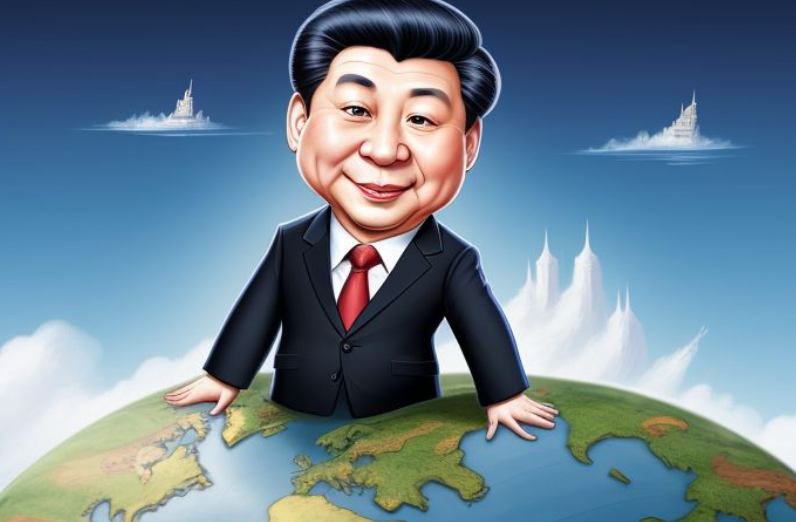Last updated on October 3, 2024
#ChinaEconomy #StimulusPackage #ConsumerConfidence #EconomicRecovery #HomeownersStruggle #BeijingPolicy #MarketImpact #EconomicGrowth #RetailSales #HousingMarket
In the shadow of an ambitious stimulus initiative, China finds itself grappling with a challenge that seems insurmountable: rekindling the embers of consumer confidence. This difficulty is particularly highlighted by the plight of struggling homeowners, who represent a significant segment of the Chinese economy, deeply impacted by the COVID-19 pandemic and its aftermath. Despite the government’s efforts to inject vitality through various measures, the anticipated surge in consumer spending has not materialized to the extent hoped. This situation sheds light on the intricate dynamics between state-led interventions and the organic growth of consumer confidence in the world’s second-largest economy.
The stimulus package put forth by Beijing was designed as a comprehensive strategy to mitigate the economic downturn caused by the pandemic. It encompassed a range of measures from tax relief for businesses to direct cash injections into the infrastructure sector, aiming at spurring job creation and stabilizing the economy. However, the core issue lies in the tepid response from consumers, who, haunted by the uncertainty of future income and the potential for further disruptions, prefer to save rather than spend. This cautious mindset has been further compounded by the real estate crisis, marked by falling property prices and developers defaulting on their debts, shaking the confidence of homeowners and potential buyers alike.
As China’s economy leans heavily on consumer spending and real estate, these sectors’ underperformance presents significant hurdles to achieving the desired economic revival. Retail sales, a key indicator of consumer confidence, have shown lackluster growth, indicating that while employment may have stabilized, the willingness to spend remains subdued. Meanwhile, the real estate sector, which traditionally has been a powerhouse for economic growth, is in a state of flux. The government’s stringent measures to curb property speculation and reduce developers’ high leverage levels have inadvertently exacerbated the slump.
To navigate these challenges, a more nuanced approach might be necessary. Analysts suggest that future stimulus efforts should not only address immediate economic pressures but also aim to build a more resilient foundation for consumer confidence. This includes fostering a healthy property market, ensuring job security, and enhancing social welfare systems to reduce the anxiety surrounding healthcare and retirement. Additionally, encouraging innovation and domestic consumption beyond the traditional reliance on export-led growth may be pivotal in redefining China’s growth trajectory. As the global economy inches towards recovery, the effectiveness of Beijing’s policies in reviving consumer confidence will undoubtedly play a crucial role in shaping China’s economic landscape and its position on the world stage.







Comments are closed.